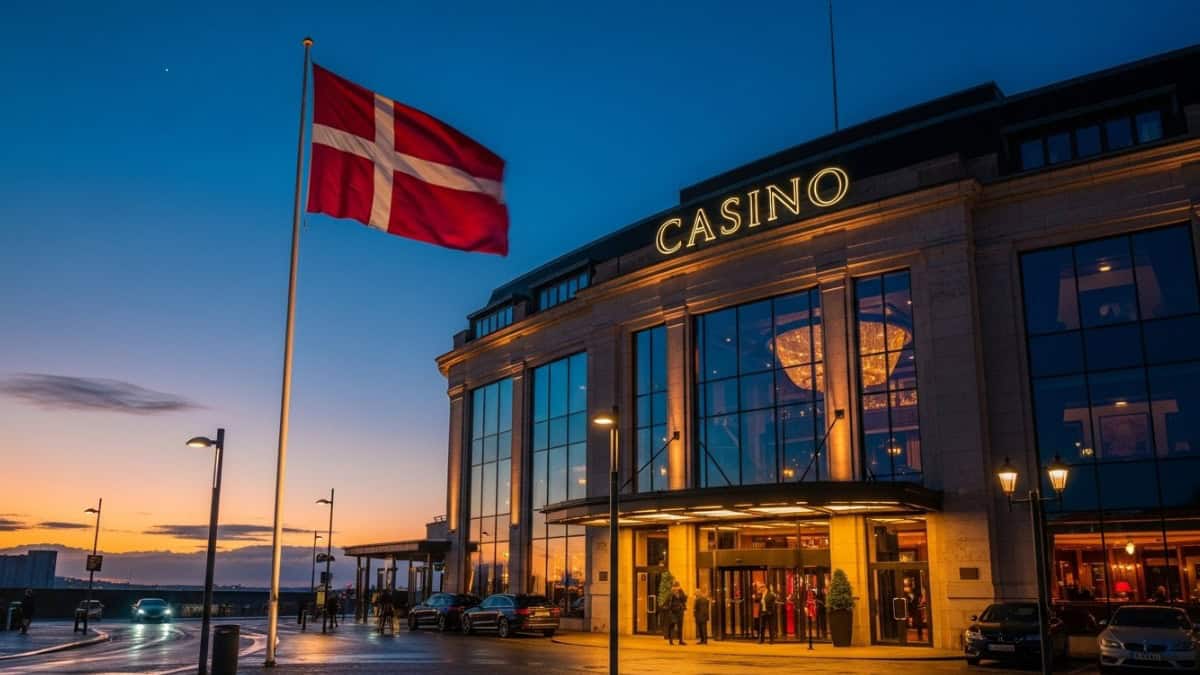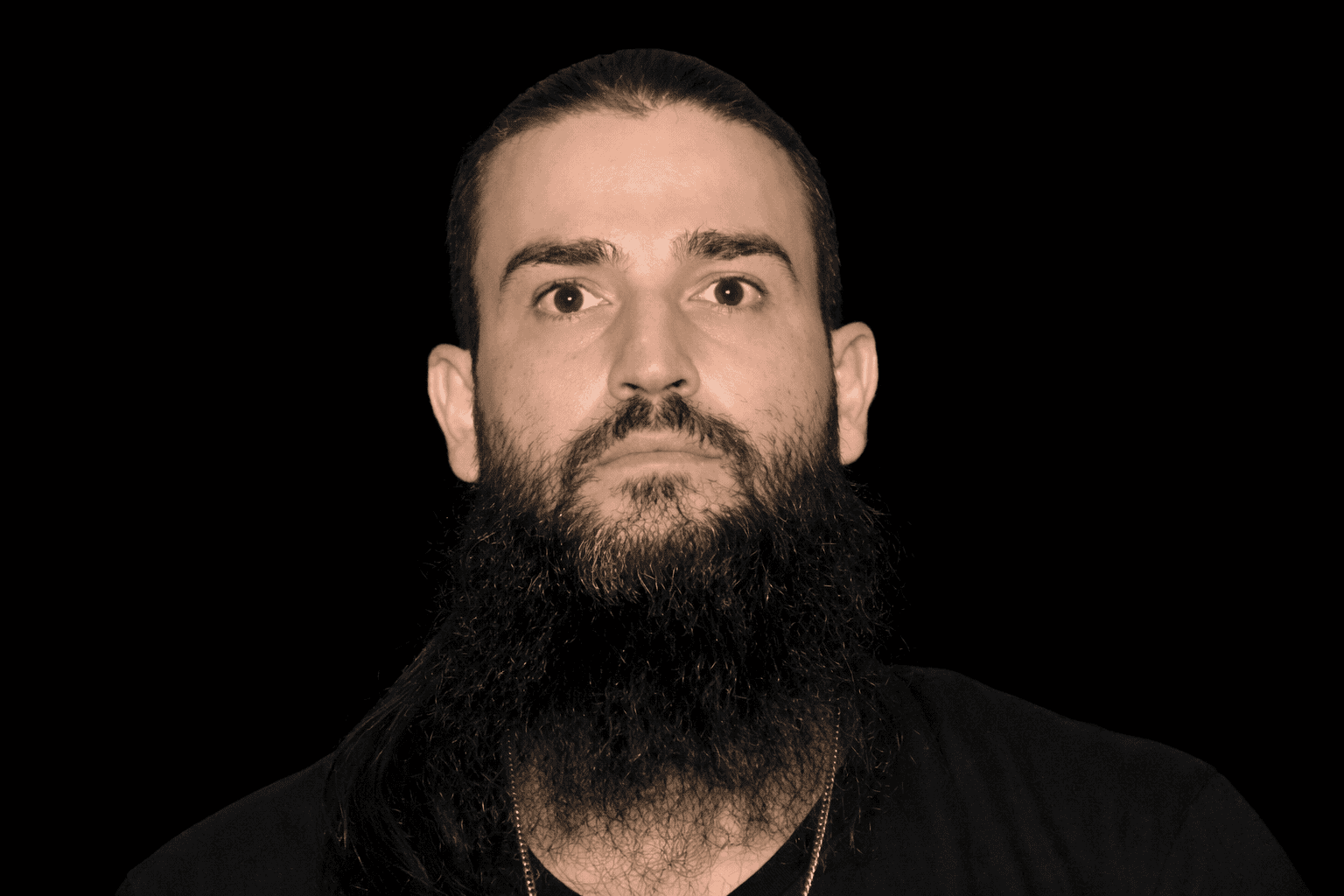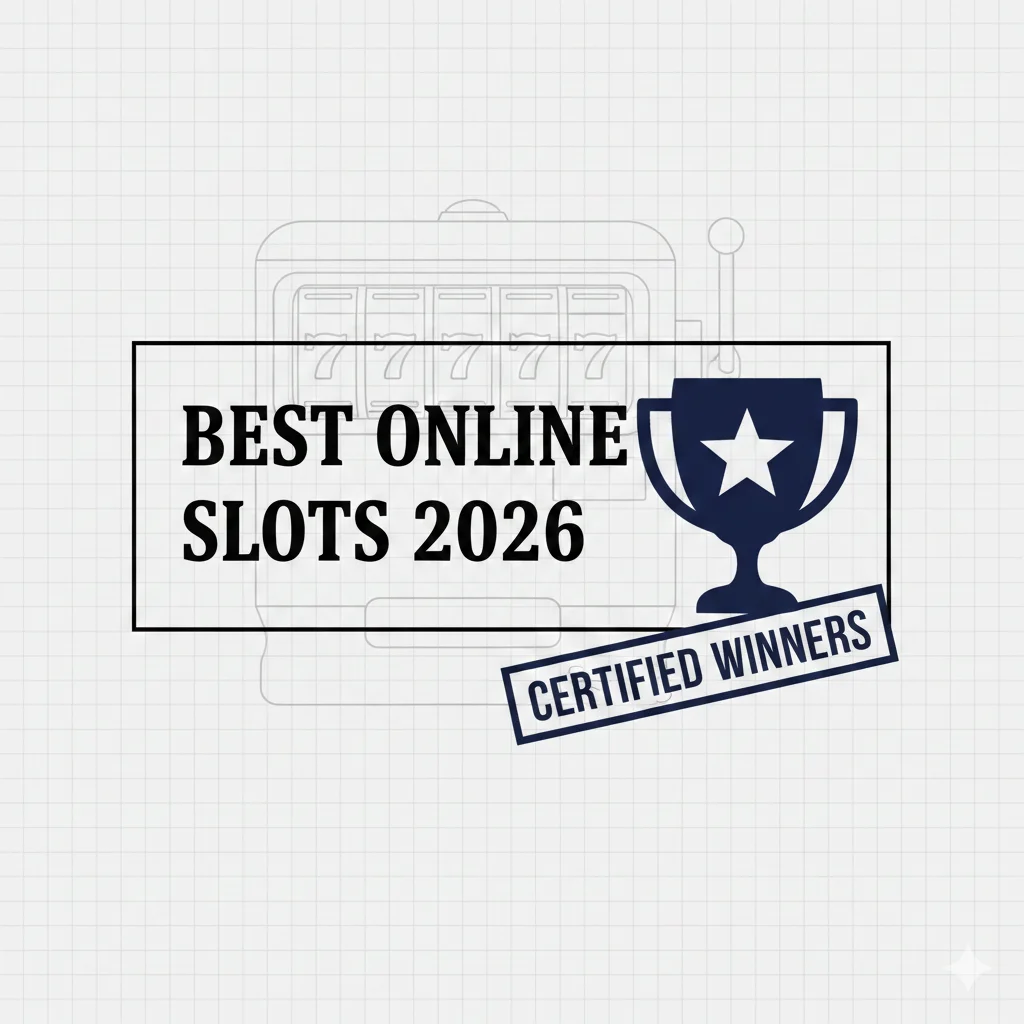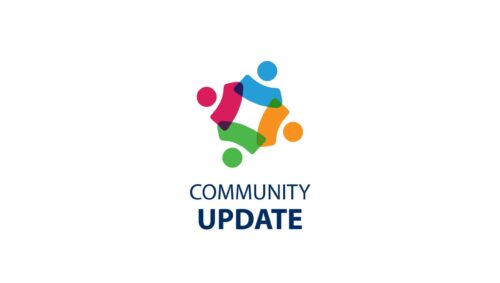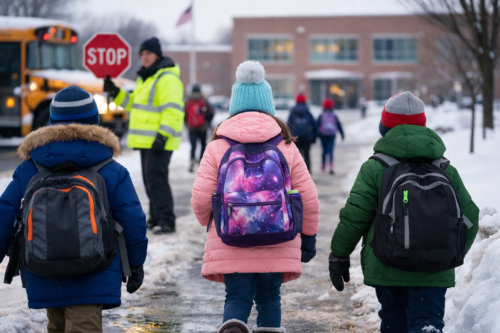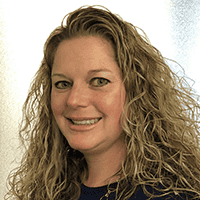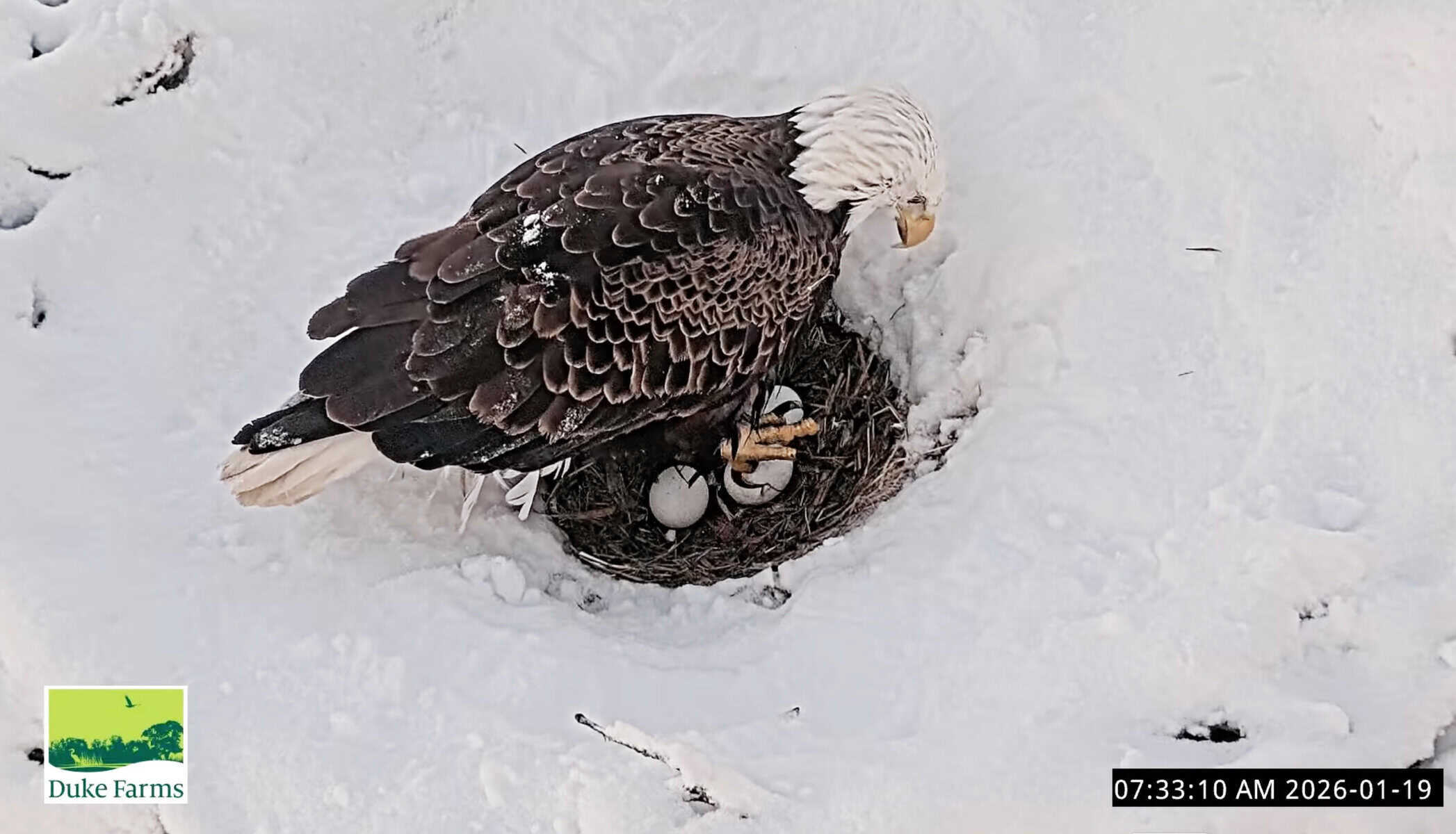Cultural Lessons
Event celebrates resilience, exhibits show sad chapter in American history.
The United States of America has been called the Melting Pot of the World. We, its residents, all benefit from the variety and melding of ethnicities that have emigrated and populated this nation since its founding—and even before July 4, 1776.
All of America’s peoples can benefit from learning about and participating in the rich cultural events that the people of the world have brought to America.
Sadly, the varied cultures haven’t always been embraced and the country has seen some especially ugly periods concerning welcomes not given, even internments. One such time was after the end of World War II when families of Japanese descent were gathered up and sent to internment camps around the country. Approximately 500 families were relocated to Seabrook, near Bridgeton. The Cumberland County town of Seabrook, in fact, is considered to be the largest resettlement of Japanese after the War.
 Nearly 75 years later, on Saturday, July 20, Japanese American history will be celebrated with the Seabrook Buddhist Temple’s 74th Annual Obon Festival “Contested Histories,” a traveling exhibit from the Japanese American National Museum, and special opening of the Seabrook Educational and Cultural Center with a presentation by John M. Seabrook, Jr.
Nearly 75 years later, on Saturday, July 20, Japanese American history will be celebrated with the Seabrook Buddhist Temple’s 74th Annual Obon Festival “Contested Histories,” a traveling exhibit from the Japanese American National Museum, and special opening of the Seabrook Educational and Cultural Center with a presentation by John M. Seabrook, Jr.
With many of the families working the Jersey soil and making their lives here after the War, they have established elements of their culture here for all to share and enjoy. The Seabrook Buddhist Temple 74th Annual Obon Festival is one of these events.
Each year, since 1945, the Seabrook Buddhist Temple has celebrated Obon. Temple members are proud to honor their heritage and share their history. The Obon Odori (dance) is a “Dance of Joy,” honoring all those who have passed away and the sacrifices they have made to make our lives better.
 Traditional Japanese folk dancing and taiko drumming will be featured during the Obon Festival. Admission and parking are free. Seabrook Buddhist Temple is located at 9 Northville Road off of State Highway #77 in Seabrook. Folding or lawn chairs are recommended for your comfort. Here is a schedule of program highlights:
Traditional Japanese folk dancing and taiko drumming will be featured during the Obon Festival. Admission and parking are free. Seabrook Buddhist Temple is located at 9 Northville Road off of State Highway #77 in Seabrook. Folding or lawn chairs are recommended for your comfort. Here is a schedule of program highlights:
• 4 p.m. to close: Food booths and craft tables will be open.
• 4 p.m. to dusk: Temple Meditation Garden open for viewing. Memorial luminaries available for purchase.
• 4 p.m. Cherry Hill Ken-yu Kai: Kendo-Japanese Fencing and Swordsmanship.
• 4:15 to 4:45 and 5 to 5:30 p.m.: Mini lecture and Q&A on Buddhism in the Temple with Rev. Earl Ikeda.
• 4:30 p.m.: Shotokan Karate Academy presents Traditional Japanese Karate Demonstration.
• 5 p.m. Woodruff School Ace Music Performance.
• 6:15 to 6:50 p.m. and 8 to 8:40 p.m.: Japanese folk dancing. Audience participation is encouraged.
• 6:50 to 8 p.m.: Japanese taiko drumming will be performed by the Seabrook Buddhist Temple’s Hoh Daiko Drummers. There will be a special guest performances by the Soh Daiko Drummers of the New York Buddhist Church and Nen Daiko of the Ekoji Buddhist Temple, Fairfax Station, Virginia.
 Funding for the Obon Festival has been made possible in part by the New Jersey Council on the Arts/Department of State, the National Endowment for the Arts, the Cumberland County Board of Chosen Freeholders and the Cumberland County Cultural and Heritage Commission.
Funding for the Obon Festival has been made possible in part by the New Jersey Council on the Arts/Department of State, the National Endowment for the Arts, the Cumberland County Board of Chosen Freeholders and the Cumberland County Cultural and Heritage Commission.
On Sunday, July 21, 2019 the Seabrook Buddhist Temple will observe Obon Memorial Service at 10 a.m. The service will be officiated by Rev. Earl Ikeda, Supervising Minister of the Seabrook Buddhist Temple and Resident Minister of the New York Buddhist Church. The public is cordially invited.
And after you’ve taken in the festivities, be sure to learn more about the history of Japanese Americans in our area by attending these two exhibits:
 Japanese American National Museum Travels “Contested Histories” To Seabrook
Japanese American National Museum Travels “Contested Histories” To Seabrook
The Japanese American National Museum will present its pop-up display of the Allen Hendershott Eaton Collection, which was saved from the auction block in 2015 through the efforts of Japanese American community leaders and activists, at the Upper Deerfield Senior Center, 1323 Hwy 77, Bridgeton, NJ behind the Upper Deerfield Municipal Building. The display will be free and open to the public on Saturday, July 20, from 10 a.m. to 4 p.m. and Sunday, July 21, from noon to 3 p.m.
 While conducting research for a book about art and craft objects created by Japanese Americans during World War II, author Allen Hendershott Eaton amassed a significant collection of such camp artifacts. After many years of being in storage and forgotten, the collection was inherited by a family friend of Eaton’s, who in April 2015 decided to put the artifacts up for auction. Japanese American activists and community leaders rallied successfully to stop the sale and ultimately the collection was transferred to JANM.
While conducting research for a book about art and craft objects created by Japanese Americans during World War II, author Allen Hendershott Eaton amassed a significant collection of such camp artifacts. After many years of being in storage and forgotten, the collection was inherited by a family friend of Eaton’s, who in April 2015 decided to put the artifacts up for auction. Japanese American activists and community leaders rallied successfully to stop the sale and ultimately the collection was transferred to JANM.
 Titled “Contested Histories: Art and Artifacts from the Allen Hendershott Eaton Collection,” the display includes physical or digital representation of every item in the collection—more than 400 individual photographs, sculptures, paintings and watercolors, jewelry items, vases, beads, nameplates, and other handmade items from the WWII incarceration camps that Japanese Americans were forced to endure.
Titled “Contested Histories: Art and Artifacts from the Allen Hendershott Eaton Collection,” the display includes physical or digital representation of every item in the collection—more than 400 individual photographs, sculptures, paintings and watercolors, jewelry items, vases, beads, nameplates, and other handmade items from the WWII incarceration camps that Japanese Americans were forced to endure.
In addition to providing the opportunity to see a collection that inspired strong emotions and decisive actions within the Japanese American community, “Contested Histories” is intended to help gather information about each individual object so that the museum’s efforts to preserve and catalog the collection can be as complete as possible. Camp survivors and their family members and friends will be encouraged to share with JANM information they know or remember about the objects, including who is depicted in the many photographs, most of which were shot by photographers working for the War Relocation Authority.
Support for the conservation and display of the Eaton Collection was provided by the National Park Service’s Japanese American Confinement Sites Grant Program. Additional support was provided by George and Brad Takei, the Earle K. and Katherine F. (Muto) Moore Foundation, and Richard Sakai.
 • Seabrook Educational and Cultural Center presents “Bloody Harvest: The 1934 Farmworker Strikes at Seabrook Farms” by John M. Seabrook, Jr.
• Seabrook Educational and Cultural Center presents “Bloody Harvest: The 1934 Farmworker Strikes at Seabrook Farms” by John M. Seabrook, Jr.
The Seabrook Educational and Cultural Center, located in the Upper Deerfield Municipal Building on State Highway #77 in Seabrook will be open on Saturday, July 20 from 10 to 3:30 p.m. There will be a presentation, “Bloody Harvest: The 1934 Farmworker Strikes at Seabrook Farms by John M. Seabrook, Jr.,” bestselling author and New Yorker staff writer, president of Seabrook Educational Center at 1 p.m. in the courtroom of the Municipal Building. Seabrook is considered to be the largest resettlement of Japanese people after WWII. The SECC was established in 1994 and serves to preserve and present the rich multicultural heritage of the community. The SECC will also be open on Sunday, July 21 from noon to 2 p.m. The SECC is open to the public free of charge.
For more information, contact the Seabrook Buddhist Temple 856-451-3422, [email protected] or the Seabrook Educational and Cultural Center 856-451-8393, [email protected].

